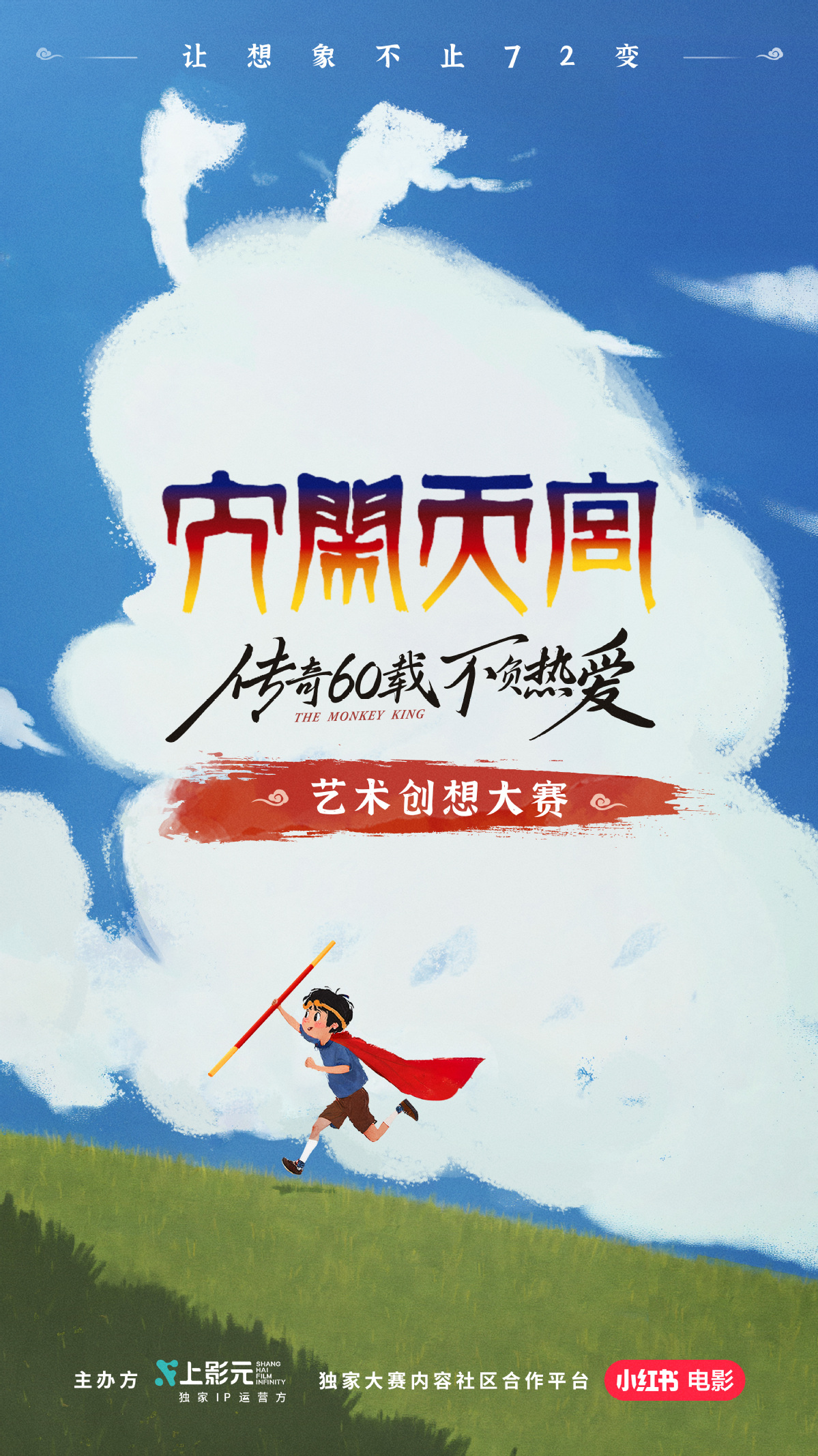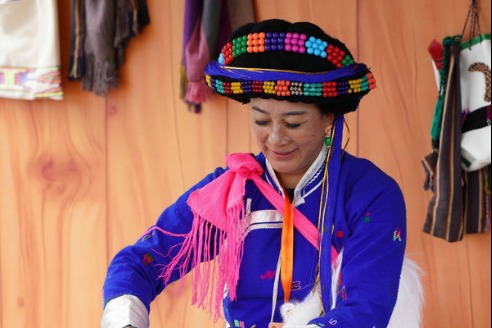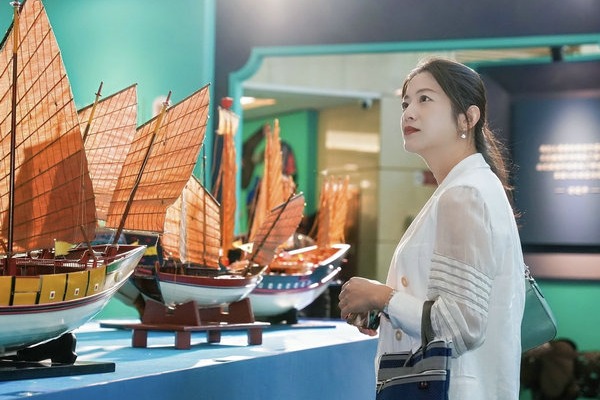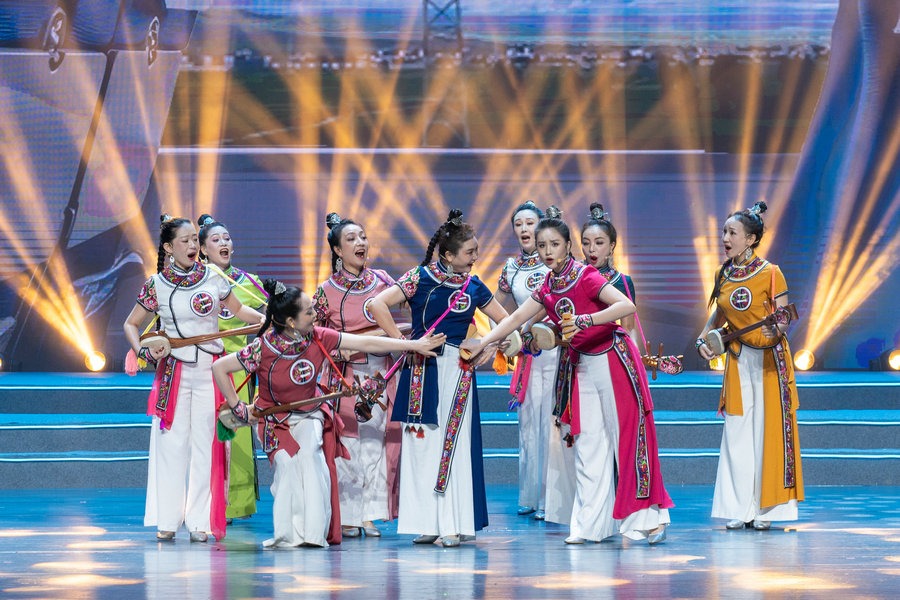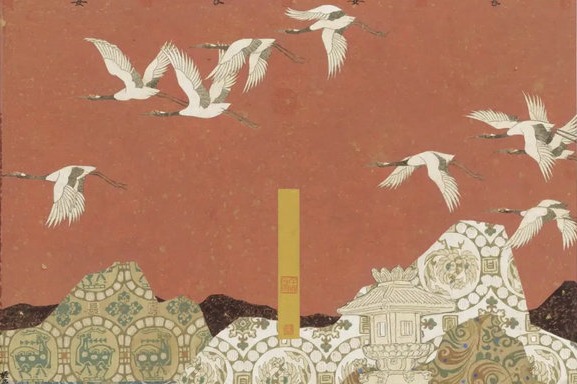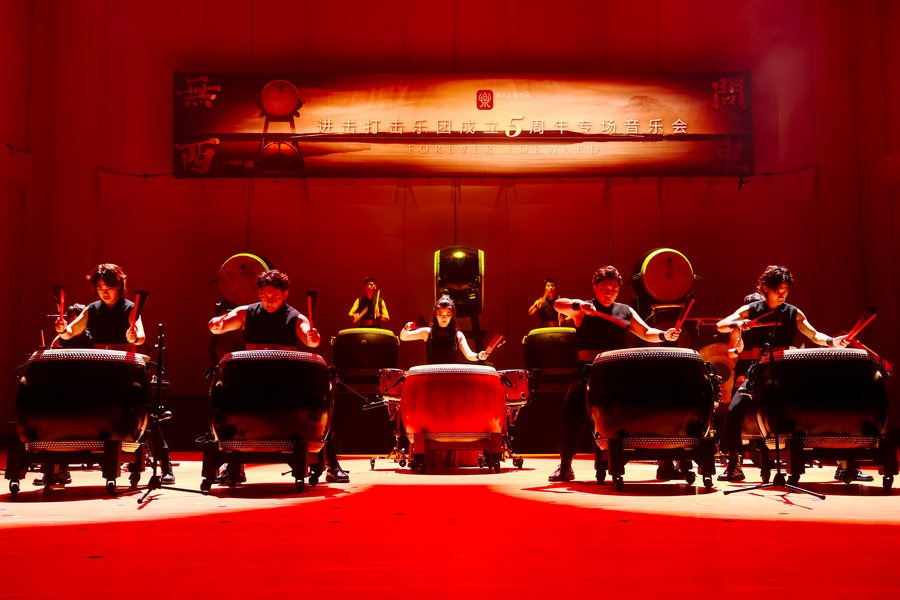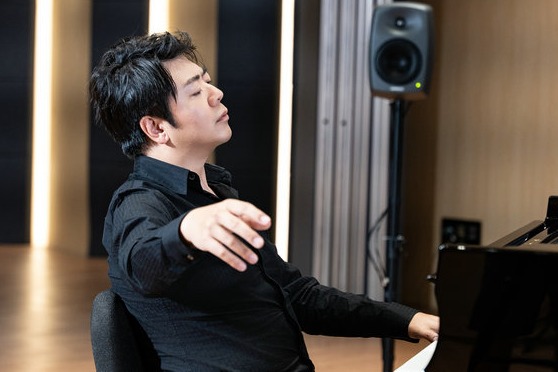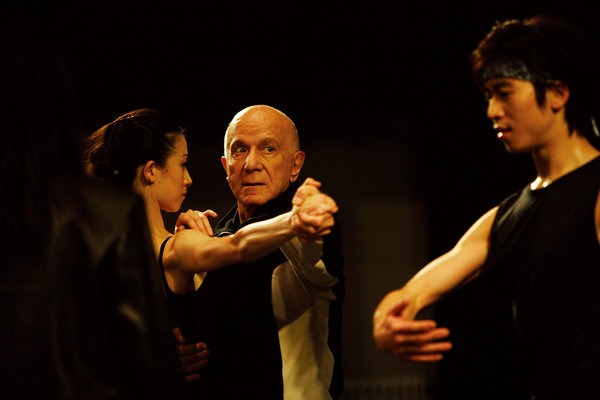Monkey King animation celebrates 60 years

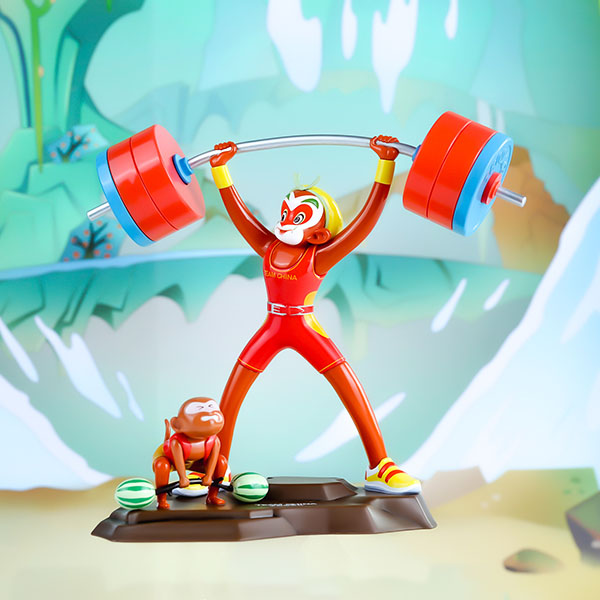
Sixty years ago, The Monkey King: Uproar in Heaven, the first animated feature film in color in the country, concluded its four-year production. This movie, inspired by the 16th-century novel Journey to the West, has solidified a unique position for Chinese animation on the global stage.
To mark its 60th anniversary, Shanghai Film Infinity, a subsidiary of Shanghai Film Group specializing in developing franchises and merchandise inspired by the group's classic films, has organized several commemorative activities, including a digital exhibition featuring artificial intelligence.
Jessica Li, general manager of Shanghai Film Infinity, announced that the company has collaborated with Tiamat, an AI content generation platform, and the movie division lifestyle platform Xiaohongshu, to organize a competition. From May to September, they received over 3,000 artistic submissions and recently announced five winners.
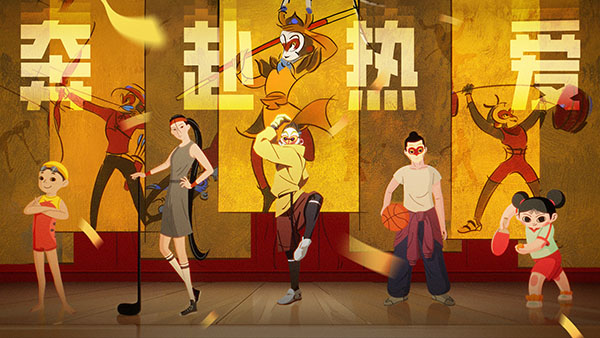
As part of the commemorative events earlier this year, director Chen Liaoyu and seven young artists were invited to collaborate on Pursue Your Passion, a short animated film created in the spirit of the Paris Summer Olympics. This project reimagines iconic characters like the Monkey King and Ne Zha in a modern sports setting, placing them in various athletic competitions from basketball to hockey.
Li elaborated on the enduring appeal of the Monkey King, stating "The role, aka Sun Wukong, is a mythical hero deeply cherished by the Chinese people. His attributes, such as courage, justice, a strong moral compass and idealism, provide individuals with profound spiritual strength".
Li also shared more behind-the-scenes stories of The Monkey King: Uproar in Heaven, which consists of two parts at durations of 40 and 70 minutes and were produced in 1961 and 1964, respectively.
She disclosed that the animators dedicated extensive efforts to research, including visits to historical sites in Beijing for inspiration, and sought guidance from Zheng Faxiang, a Peking Opera artist renowned for his portrayal of the Monkey King. Additionally, each animator had a plaster replica of the Monkey King's head and a mirror on their desks. The mirror aided in observing facial expressions to accurately depict the characters' emotions.
"Even today we draw inspiration from the Monkey King's pioneering spirit of courage and determination. Simultaneously, we are moved by the profound Chinese culture and artistic depth embedded within the film. Revisiting this masterpiece is not just a journey through heritage but also a source of cultural empowerment," concluded Li.
